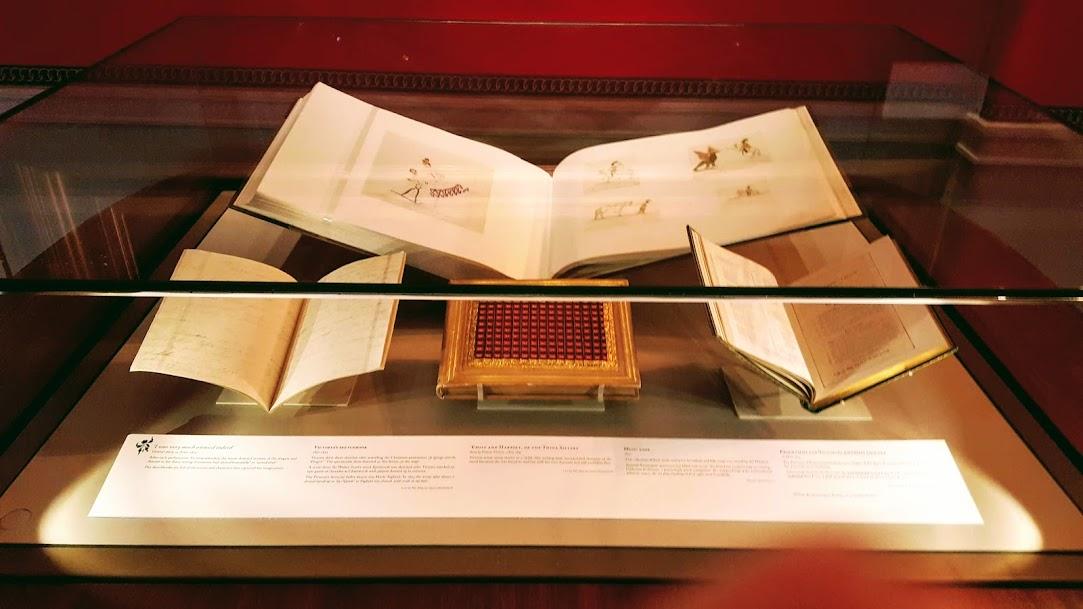Essay: The digital death of collecting
Curated from: kylechayka.substack.com
Ideas, facts & insights covering these topics:
7 ideas
·878 reads
15
2
Explore the World's Best Ideas
Join today and uncover 100+ curated journeys from 50+ topics. Unlock access to our mobile app with extensive features.
Digital Era
In the digital era, everything seems to be a single click away, it’s easy to forget that we have long had physical relationships with the pieces of culture we consume. We store books on bookshelves, mount art on our living-room walls, and keep stacks of vinyl records. When we want to experience something, we seek it out, finding a book by its spine, pulling an album from its case, or opening an app. The way we interact with something, where we store it , also changes the way we consume it, as Spotify’s update made me realize. Where we store something can even outweigh the way we consume it.
30
228 reads
Walter Benjamin
In 1931, the German cultural critic Walter Benjamin wrote an essay called “Unpacking My Library,” describing these relationships with cultural objects. In the essay, Benjamin narrates removing his book collection from dusty crates, untouched for years. The volumes are splayed loose on the floor, “not yet touched by the mild boredom of order,” all set to be rearranged on shelves once more. For Benjamin, the very possession of these books formed his identity as a reader, writer, and human being — even if he hadn’t read all of them.
30
157 reads
A Personal Monument
They sat proudly on his shelves as symbols, representing the knowledge that he still aspired to gain or the cities he had traveled, where he encountered a book in a previously unknown shop. Collecting books was his way of interacting with the world, of building a worldview. Benjamin’s library was a personal monument, the same kind that we all construct of things we like or identify with. Its importance was dependent on permanence — collections are made up of things that we own, that don’t go away unless we decide they should.
30
123 reads
Ownership
“Ownership is the most intimate relationship that one can have to objects,” Benjamin wrote. “Not that they have come alive in him; he lives in them.” In other words, we often discover ourselves in what we keep around us. But the progressive relationship, the codependence or co-evolution of collection and person, wouldn’t happen if the order of Benjamin’s shelves and the catalogue of his books kept changing every few months, entirely outside of his control. That’s what Spotify’s interface updates felt like to me: a total disruption of the pieces of art and culture that I identified with.
31
100 reads
The Bookshelves
We don’t often think about bookshelves on their own, separate from what they contain, but they are great devices. They display books or albums and you can choose from among the displayed options in a relatively neutral way. The collector is the only one who decides how to arrange her possessions, ordering books by author, title, theme, or even (unfortunately) color of the cover — and they stay in the same places they’re put. That’s not true of our digital cultural interfaces, which follow the whims and priorities of the technology companies that own them.
29
93 reads
Far from Neutral
They shift constantly and are far from neutral: If Spotify suddenly gives the category of podcasts a prominent new placement, for example, it’s because the company has decided that podcasts are going to make up more of its revenue in the future. The interfaces follow the company’s incentives, pushing its own products first and foremost, or changing familiar patterns to manipulate users into trying a new feature.
28
92 reads
A Sense of Lostness
My lostness comes from the sense that our cultural collections are not wholly our own anymore. In the era of algorithmic feeds, it’s as if the bookshelves have started changing shape on their own in real time, shuffling some material to the front and downplaying the rest like a sleight-of-hand magician trying to make you pick a specific card — even as they let you believe it’s your own choice. And this lack of agency is undermining our connections to the culture that we love.
28
85 reads
IDEAS CURATED BY
Antonio Gallo's ideas are part of this journey:
Learn more about technologyandthefuture with this collection
How to build trust and respect with team members
How to communicate effectively
How to motivate and inspire others
Related collections
Similar ideas
Read & Learn
20x Faster
without
deepstash
with
deepstash
with
deepstash
Personalized microlearning
—
100+ Learning Journeys
—
Access to 200,000+ ideas
—
Access to the mobile app
—
Unlimited idea saving
—
—
Unlimited history
—
—
Unlimited listening to ideas
—
—
Downloading & offline access
—
—
Supercharge your mind with one idea per day
Enter your email and spend 1 minute every day to learn something new.
I agree to receive email updates

